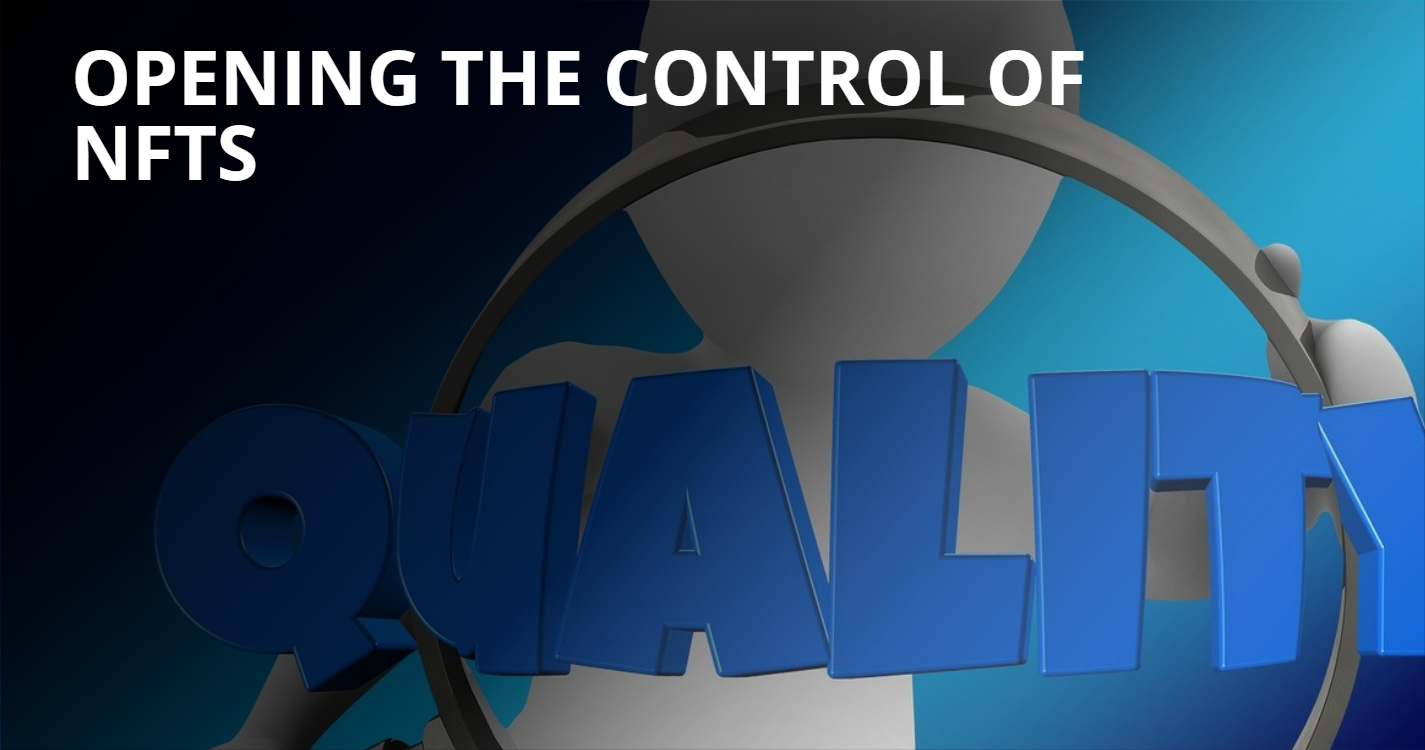Artificial Intelligence (AI) has become an integral part of our daily lives, driving innovation, automation, and efficiency across various industries. However, as AI systems become more sophisticated and pervasive, concerns about their ethical implications have come to the forefront. In this article, we explore the imperative of ethical AI in today’s world, examining the challenges it poses, the principles guiding its development, and the opportunities it presents for creating a more inclusive and responsible future.
Understanding Ethical AI:
Ethical AI refers to the responsible and accountable development, deployment, and use of artificial intelligence systems that align with ethical principles, values, and norms. Ethical AI aims to ensure that AI technologies respect human rights, diversity, privacy, and societal well-being, while minimizing potential harms and biases. Key components of ethical AI include:
- Fairness and Equity: Ethical AI seeks to ensure fairness and equity in the design and implementation of AI systems, avoiding discriminatory outcomes and biases based on race, gender, ethnicity, or other protected characteristics. This involves addressing algorithmic biases, dataset biases, and systemic inequalities that can perpetuate unfairness in AI applications.
- Transparency and Accountability: Ethical AI promotes transparency and accountability in AI development and decision-making processes, enabling users to understand how AI systems work, why they make certain decisions, and who is responsible for their outcomes. This transparency fosters trust and enables effective oversight and recourse in cases of unintended consequences or errors.
- Privacy and Data Protection: Ethical AI respects individuals’ privacy rights and protects their personal data from unauthorized access, misuse, and exploitation. This involves implementing privacy-preserving techniques, data anonymization, and robust security measures to safeguard sensitive information and uphold user trust.
- Safety and Robustness: Ethical AI prioritizes the safety and reliability of AI systems, ensuring they operate in a manner that minimizes risks to users, stakeholders, and society at large. This includes rigorous testing, validation, and monitoring of AI systems to identify and mitigate potential safety hazards and vulnerabilities.
Challenges and Considerations:
Despite its importance, ethical AI faces several challenges and considerations:
- Bias and Fairness: AI systems can inadvertently perpetuate and amplify biases present in training data, leading to unfair outcomes and discrimination. Addressing bias and ensuring fairness in AI algorithms requires careful data collection, preprocessing, and algorithmic design, as well as ongoing monitoring and evaluation to detect and mitigate biases.
- Explainability and Interpretability: AI models often operate as “black boxes,” making it difficult to understand how they arrive at decisions or predictions. Enhancing the explainability and interpretability of AI systems is essential for building trust, enabling human oversight, and facilitating accountability in decision-making processes.
- Data Privacy and Security: AI systems rely on vast amounts of data, raising concerns about data privacy, security, and consent. Protecting individuals’ privacy rights and ensuring the security of their personal data is paramount for ethical AI, requiring robust data governance frameworks, encryption techniques, and compliance with data protection regulations.
- Ethical Dilemmas and Trade-offs: AI systems may face ethical dilemmas and trade-offs in decision-making, such as balancing accuracy with fairness or privacy with utility. Resolving these dilemmas requires careful consideration of ethical principles, stakeholder perspectives, and societal values, as well as transparent deliberation and accountability mechanisms.
Opportunities and Future Directions:
Despite the challenges, ethical AI presents significant opportunities for creating positive social impact and driving responsible innovation:
- Socially Responsible AI Applications: Ethical AI can be harnessed to address societal challenges and promote social good, such as healthcare, education, environmental sustainability, and social justice. By prioritizing ethical considerations in AI development, researchers and practitioners can create AI applications that benefit diverse communities and contribute to a more equitable and inclusive society.
- Human-Centered AI Design: Ethical AI encourages a human-centered approach to AI design, focusing on the needs, values, and preferences of end-users and stakeholders. By involving diverse perspectives in the design process and prioritizing user empowerment and autonomy, AI systems can better serve and support human well-being.
- Ethical Leadership and Governance: Ethical AI requires leadership and governance structures that prioritize ethical considerations and accountability throughout the AI lifecycle. This includes establishing ethical guidelines, standards, and certification mechanisms for AI development, deployment, and use, as well as fostering a culture of responsible innovation and continuous learning within the AI community.
Conclusion:
Ethical AI is not just a theoretical concept but an imperative for navigating the complex ethical, social, and technical challenges posed by artificial intelligence in today’s world. By embracing ethical principles and values in AI development, deployment, and use, we can harness the transformative potential of AI to create a more just, inclusive, and sustainable future for all. Ethical AI is not only desirable but necessary for building trust, safeguarding human rights, and ensuring that AI technologies serve the best interests of humanity.











Leave a Reply